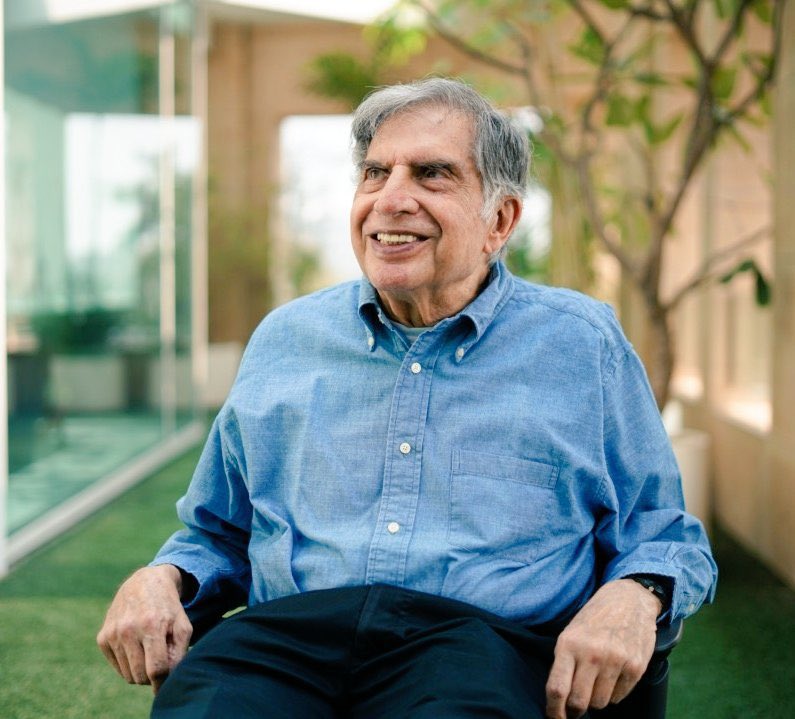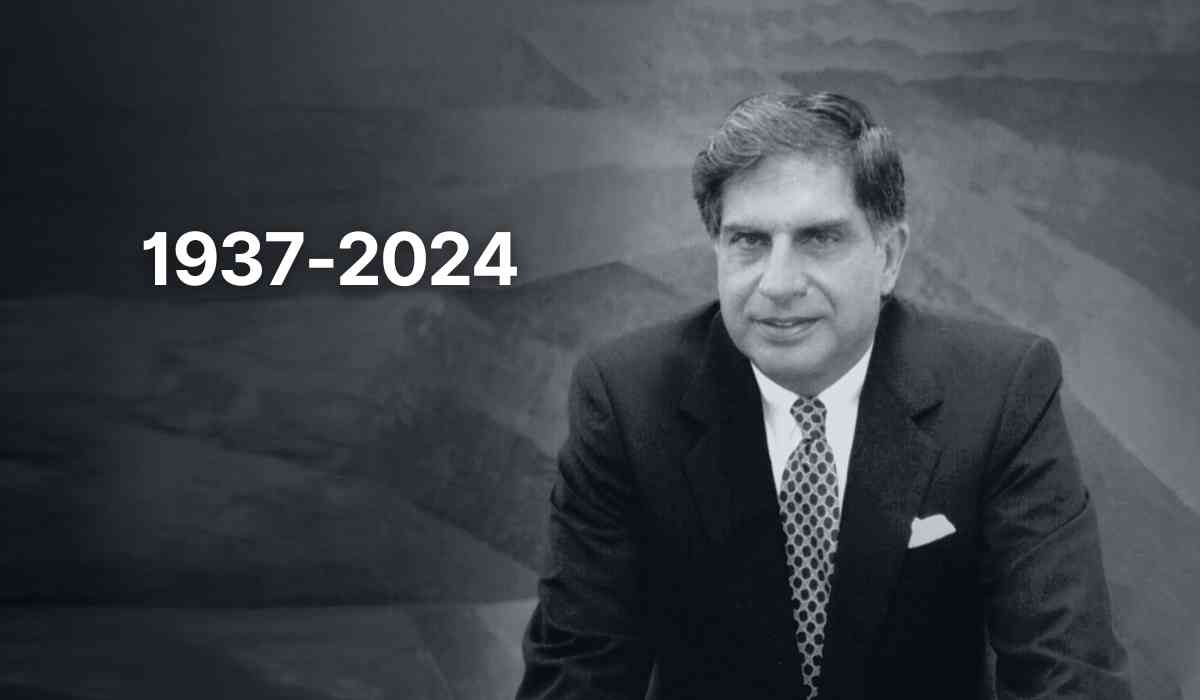pic.twitter.com/QmtipQIovR— Tata Group (@TataCompanies) October 9, 2024
Ratan Tata Dies At 86
Iconic Indian industrialist and ex-Tata Group chairman Ratan Tata died at the age of 86. The Tata Group reportedly confirmed his demise on Wednesday after hospitalizing him earlier in the week. Tata was given intensive medical care since Monday, by which time he had played a key role in shaping the group to its current global success.
Long Legacy of Over Two Decades of Leading
More than two decades have already lapsed since Ratan Tata took over the leadership of the Tata Group, modernizing and growing this global conglomerate. Having been the alumnus of his first degree from Cornell University in architecture, Ratan Tata joined Tata Sons in 1962 and took up various assignments across Tata companies like Telco (now Tata Motors), Tata Steel, and turned around companies like National Radio & Electronics Company that were on the verge of failing by changing the profitability positions and taking the business to newer markets.
Transition of Leadership in 1991
1991: After the resignation of his uncle J.R.D. Tata, Ratan Tata entered the scene through succession. During the period of Indian economic liberalization, which was the most bold reform and rapid growth period, transition took place. The group learned to thrive in the new economy under Tata's influence and emerged as a global leader.

Tata Nano and TCS
Both Tata Nano and TCS have been highly remarkable for such bold ventures. Ratan Tata developed some of the revolutionary initiatives undertaken during his tenure, like the Tata Nano, considered the cheapest car in the world, to provide cheaper transport to millions of Indians. Again, he developed Tata Consultancy Services (TCS), and transformed it into one of the strongest IT service companies in the world, making the group one of the leading players in international technology-related services.
Retirement and Emeritus Role
He stepped aside as chairman in 2012 to make way for the next generation. Yet, still, he remained as chairman emeritus of Tata Sons and other group companies, Tata Motors and Tata Steel among them. In 2016, he came back again for a short stint as interim chairman for a crisis of leadership. Here, he demonstrated once more his vested interest in the well-being and sustainability of the group.
A Leader Remembered
Even as he exerted such enormous influence, Tata never compromised on his humility. On Monday, he addressed the public through a social media post when he assured them that the rumors about his health were simply and sorely baseless because he was only undergoing routine medical check-ups.
The Chairman of Tata Sons, N Chandrasekaran, expressed deep sorrow over his death, lamenting that Tata was a truly uncommon leader whose contributions shaped not only the Tata Group but also India's business landscape.
This legacy in leadership, innovation, and social responsibility which Ratan Tata leaves behind for future generations is testimony to the immeasurable impact of Ratan Tata on the Indian industry and society.

A Leader Who Changed the Face of India's Corporate Landscape
The business world has lost a legend and a visionary who was committed to something far more profound than corporate success-values that changed the face of the Indian corporate landscape. Known as one of the most humble and forward-thinking leaders, Tata personified the hallmark of values which, through innovation, helped millions across the world.
Starting from the launch of Tata Nano to the expansion of Tata Consultancy Services (TCS) into a global IT leader, all his achievements were steered by his dream of economically uplifting India and the Indian people. Tata was much more than a corporate leader-he was a nation-builder-and the legacy he left is a befitting testimonial for his faith in the power of innovation coupled with integrity.
The business world will miss him sorely, but millions of Indians will feel his void in their hearts as they looked upon him as the epitome of ethical leadership and a transformative vision. His life will be an inspiration to many entrepreneurs who would want to walk in his footsteps as India mourns the loss of this great leader.
With inputs from Agencies
Image Source: Multiple agencies
© Copyright 2024. All Rights Reserved Powered by Vygr Media.
























